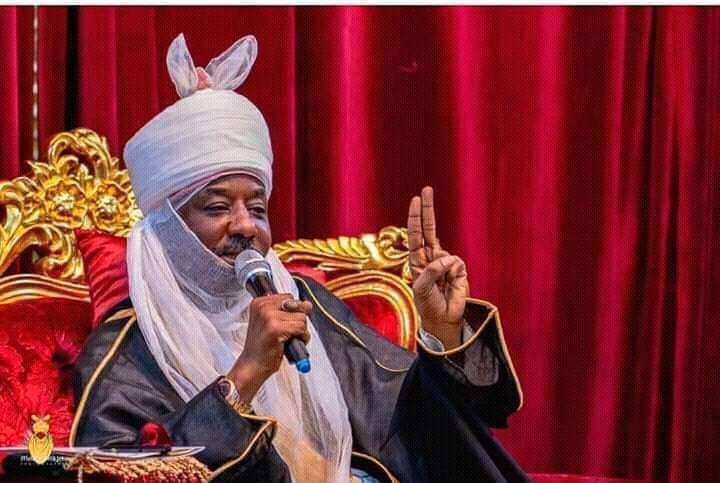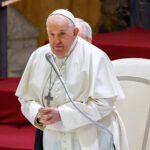A former Governor of the Central Bank of Nigeria (CBN) and immediate past Emir of Kano, Sanusi Lamido Sanusi, says spending up to 90 per cent of the country’s revenue on debt servicing is unsustainable.
Sanusi stated that by the end of 2021, Nigeria’s Gross Domestic Product (GDP) would be worse than it was in 1980, adding that all the economic gains made by the country in the last 35 years were wiped out between 2014 and 2019 when ill-advised decisions were taken by the then managers of the country’s resources.
Join our WhatsApp ChannelSanusi, who is the leader of the Tijjaniyya Islamic sect in Nigeria, spoke as a guest, alongside the Catholic Bishop of Sokoto Diocese, Matthew Kukah, during an online forum organised by the Harvard Kennedy School Alumni Association of Nigeria.
The association is led by a former Minister of Information and Communications, Mr. Frank Nweke (Jnr).
According to Sanusi, Nigeria faces many problems, including religion which has been promoted to an unnecessary place of importance in the country, and has become a part of the distraction from the real problems confronting the country.
He said, “You look at the World Bank economic quality indicators and you will be shocked at what you are seeing. If we take Nigeria’s GDP per capita on a PPP (Purchasing Power Parity) basis, in 1980 it was $2,180 and by 2014, it was $3,099, which increased it by 50 per cent.
“Between 2014 and 2019, this number fell to $2,229. At this rate, by this year or next year, Nigeria’s GDP per capita on a PPP basis will be back to where it was in 1980. We have not moved. We wiped out in five years all the progress made in the preceding 35 years. That is the kind of conversation we should have which we are not having. And what are the key drivers of this: you’ve got rising population growth, slow GDP growth, higher rates of inflation, and devaluation of the currency.”
Sanusi advised Nigerians to interrogate the incumbent government on its social policies, how demographic movements could be controlled, and how to fix the issues underlying a lot of Nigeria’s challenges, rather than focusing on religion and other inanities.
He also stated that the rapid increase in population had made farmlands to become houses while grazing routes had become farms, adding that the conflict between herdsmen and farmers was all about resources and not ethnicity or religion.
According the former Emir of Kano, while the population of Nigeria has been increasing at over three per cent per annum since independence, the jostle for scarce resources has been worsened by desertification, environmental degradation, erosion, pollution, the disappearance of water resources in the Chad Basin and the Niger Benue.
He said, “Nigeria is only aligning with Reverend Thomas Malthus’ economic theory which states that when the population increases with a limited supply of land, it will get to a point where diminishing marginal productivity and pestilence and war will follow.
“If you continue seeing this as Muslim versus Christian, Fulani versus chiefs or whatever, you miss the point, which is that we need to watch our growing population, how to make investments to grow the economy to support the population and how to provide the economic sustainability that will protect the purchasing power of people.”













Follow Us